I'm on my way to upgrade my projects to PHP 8.0+. Until now, in the code comments, I used the @param and @return tags like in "option 1", instead of like in "option 2":
Option 1:
@param string[] ....@return User[] ....
Option 2:
@param array ....@return array ....
Though, because I don't know if the first form is officially allowed, I begin to ask myself, if it wouldn't be better to switch to the second option... So, I'd like to ask you: Is there any official PHPDoc reference for documenting PHP codes available?
Also, is it at all advisable to use the first option instead of the second one? In other words: are there any arguments speaking against it - having the future in mind too?
Thank you for your time.
P.S: I found the reference of PHPDocumentor, but I have the feeling, that it is not the official PHP one and not (yet) compatible with PHP 8.0+.
